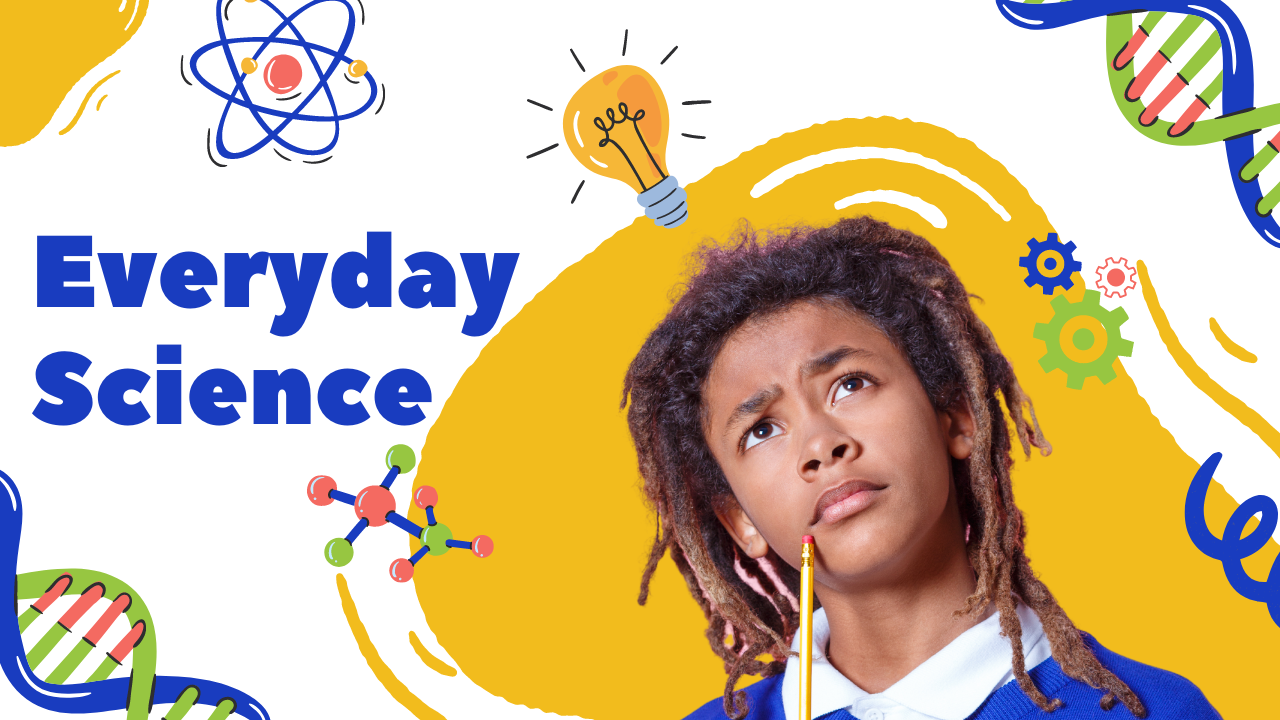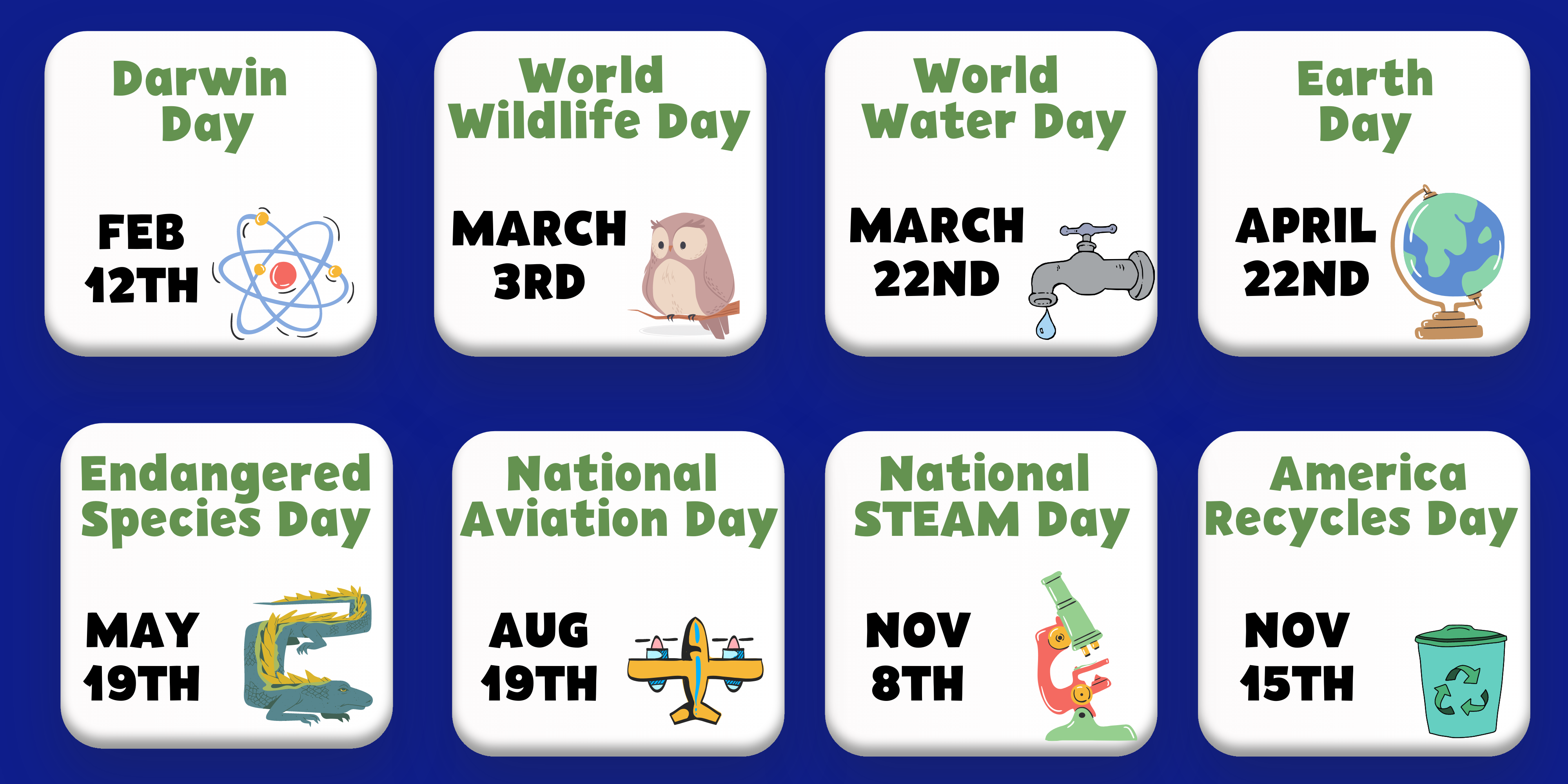Everyday Science


We don’t want a world full of scientists. That is what Bill Nye posited in a recent interview with PBS Newshour. He went on to explain that the goal of science education isn’t to create a generation of children on one STEM-focused career path. No, science education is so much more than simply career training.
Exploring science with children should be about igniting curiosity about the world in which we live, fostering critical thinking about the problems we face, and increasing literacy about the technology we use.
That learning can start young. The basis of the scientific method is questioning. When a toddler first asks the infamous “why” question, scientific inquiry has begun, and caretakers are given the unique and important opportunity to begin guiding that process.
Guiding that process may feel daunting, but you don’t need to be an expert to support your child’s learning. Children are naturally curious, and that love of exploration and experimentation is the foundation of thinking like a scientist. You can deepen that learning through a few simple steps:
You can also dive deeper into specific science topics using resources from WGVU Public Media, PBS Kids, and PBS Learning Media.
